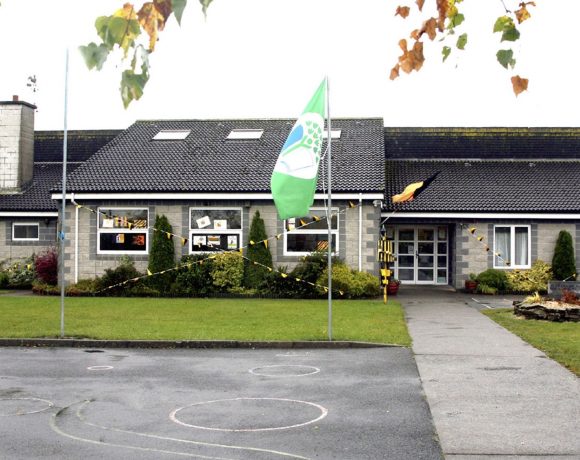Mental health services in Kilkenny ‘discriminatory’ and cannot provide ‘appropriate’ care – report

By COLIN BARTLEY
THE ongoing problem accessing essential healthcare for Kilkenny people with intellectual disabilities “is discriminatory” and “affects the safety of these service users.”
This is the conclusion of a damning report, released earlier today, about Kilkenny’s mental health services.
The report by the Mental Health Commission says services in Kilkenny “struggles to provide a comprehensive rehabilitation service for people with an enduring mental illness”.
It adds: “The ongoing problems with accessing essential healthcare, which is available to other citizens, is discriminatory and affects the safety of these service users.”
The report finds many challenges facing the services locally, with staffing and independent living accommodation presenting major issues.
It states: “There are four poorly staffed teams and there is no consultant psychiatrist in the Carlow/Kilkenny rehabilitation team. There are four assertive outreach teams but each of these has only a small number of nursing staff.
“There are 44 inpatient beds and 159 high support beds but little opportunity for residents to move to more independent living due to the lack of medium and low supported accommodation.”
Currently, there are no inpatient or community-based specialist rehabilitation units in the area and no supported independent accommodation. The rehabilitation team in the Kilkenny/Carlow/ Tipperary region has no occupational therapist adding to the problems.
The report says: “Ongoing staffing problems, despite intensive recruitment campaigns has resulted in a large number of vacancies across the rehabilitation teams (15.5 WTE vacancies).
“Lack of a Mental Health Intellectual Disability team, resulting in the clinical care of people with an intellectual disability coming under the rehabilitation team.
“There is insufficient social and low supported housing to enable service users to move to more independent accommodation as they progress through the rehabilitation programme.
“Infrastructure problems prevents the rehabilitation service from providing appropriate rehabilitation programmes.
“There are ongoing issues with accessing community based healthcare services such as home help, GP service for monitoring physical health and dietitians for users of the rehabilitation service, resulting in inequalities and lack of parity of esteem.”
Despite the issues attracting staff, the report was quick to praise the team currently employed in the services locally, commending their hard work.
“There are a number of excellent initiatives, especially those which encourage service users to access community activities, which show, despite the lack of staffing, the hard work of the rehabilitation teams to provide rehabilitation for people with enduring mental illness.”




